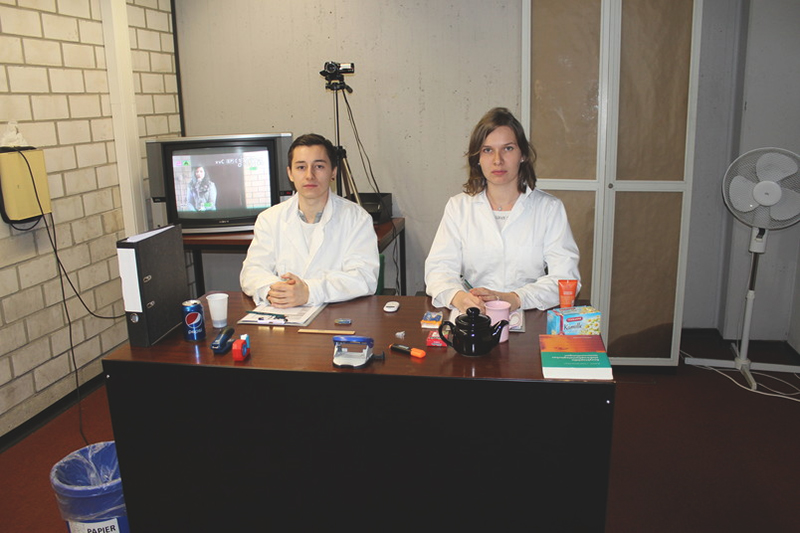You may have noticed that stressful situations tend to leave a bigger imprint on our memory banks than periods of peace and contentment, and new research may have now revealed the key reason why.
There had been two schools of thought about this – that these stressful memories were either stored in a significantly different way or in a largely similar way in the brain – and this latest study backs up the second idea.
It appears that a close linking of memories created under stress plays a part in them being so memorable. These memories collectively also seem to be more distinct from others that aren't formed during the same stressful episode, whatever it happens to be.
"We usually have detailed images in your mind's eye of stressful experiences, such as taking the driving test, even after many years," says neuropsychologist Oliver Wolf from the Ruhr-University Bochum (RUB) in Germany.
"Whereas a walk through the park on the same day is quickly forgotten."
To work out why this happens, the researchers set up a simulated job interview in front of two interviewers. This is known as the Trier Social Stress Test, and it has been well established as a reliable way of inducing stress in individuals (as you may imagine).
Part of the test involves giving a presentation to those on the interview panel, who are told to keep their expressions neutral throughout. Over the same period, 24 different objects were introduced to the study participants, including a coffee cup, a clock, a roll of tape, and a marker pen.
A total of 33 volunteers were put through the stress-inducing interview, with another 31 people taken through a friendlier version of the same experience – one where they could chat about more positive topics, and where the interviewers were allowed to engage and give positive feedback.
Follow up functional magnetic resonance imaging (fMRI) scans looked at the amygdala part of the brain, linked to emotional learning. For the participants who experienced the stressful test, neuronal traces triggered by seeing objects to the interview were more similar to each other than traces triggered by objects that hadn't been seen.
 (Institut für Kognitive Neurowissenschaft, Anne Bierbrauer)
(Institut für Kognitive Neurowissenschaft, Anne Bierbrauer)
Above: Part of the experimental setup, with the interview panel.
This wasn't the case with the control group, showing how objects remembered under stress are more closely linked in terms of brain representation. What's more, seeing the faces of the interview panel prompted neuronal activity similar to the patterns from the objects that had been remembered.
"The committee members triggered the stress in the interview situation," says RUB neuropsychologist Nikolai Axmacher. "Accordingly, it seems that the link between the objects and the stress triggers was crucial for the enhanced memory."
What makes emotional memories more memorable, the study suggests, is that aspects associated with them (like the objects of faces of the interview panel) are more tightly linked together along with the experienced emotion in our brains – presenting as more similar patterns of brain activity within the amygdala.
Items and contexts that are experienced in a neutral state of emotion are bound in the hippocampus (a brain part involved in learning and memory), but those experienced during heightened emotions seem to be bound together in the amygdala, the team explains.
While this research only looked at a relatively small group of people in one type of scenario, the clarity of the results points to a working hypothesis that can be expanded to cover other types of situations.
The study data could also prove helpful in the study of mental disorders where problems with memories are exhibited, for example, as well as giving us more of an insight into how the brain's complicated relationship with memory actually works.
"This result could be an important building block to better understand emotional and traumatic memories," says RUB neuropsychologist Anne Bierbrauer.
The research has been published in Current Biology.
#Humans | https://sciencespies.com/humans/we-may-have-just-discovered-why-stressful-events-loom-so-large-in-memory/
No comments:
Post a Comment